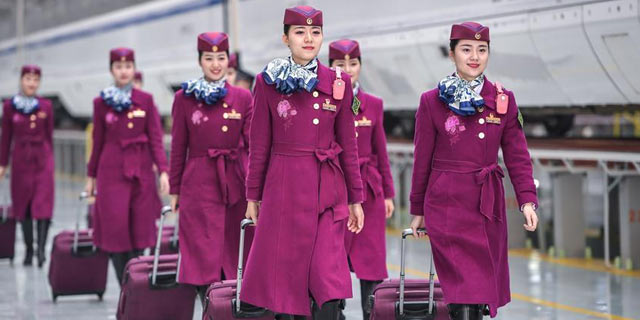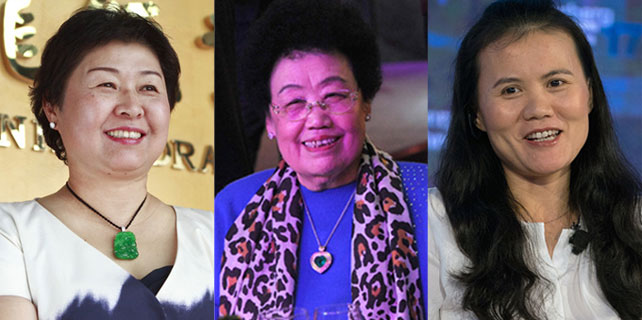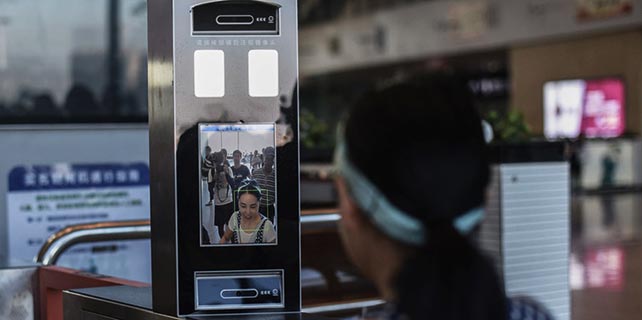China envoy: It's not only the tariffs
A Chinese envoy said on Tuesday that being unfair to China seems to be in vogue.
"Being unfriendly to China seems to be becoming a new political correctness," said Li Kexin, deputy chief of mission at the Chinese embassy in the US.
Li spoke at a panel discussion including economists at the Institute for China-America Studies (ICAS) 2018 Annual Conference, a Chinese think tank in Washington.
Li said that China will approach such attitudes by being true, patient and candid.
He appealed to the American side to be "credible and consistent".

"When you agree, you mean it. Putting tariffs on certain billions of Chinese products as a pressure will achieve nothing," Li said.
The Trump administration's tariff threats and investment restrictions faced criticism on the panel.
"Tariffs, this is a 1950s solution, where you thought you could impose a tariff then you could bring production back. This is going to interrupt the supply chains that can't be moved around a lot is just going to be frozen. I think this has potential for huge disruption," said Ted Moran, nonresident senior fellow at the Peterson Institute for International Economics.
On Monday, the White House threatened to slap a 10 percent tariff on $200 billion worth of Chinese imports on Monday, after announcing tariffs on $50 billion in made-in-China products, escalating a trade dispute that has put markets and businesses on edge.
On May 19, a "Joint Statement of the US and China Regarding Trade Consultations" was released.
But 10 days later, the White House said it would move ahead with its 25 percent tariffs on $50 billion worth of Chinese goods. It also announced new limits on Chinese investment in high-tech industries.
"President Xi announced a package of new liberalization measures at Boao, and those will be done," Li said.
President Xi Jinping said at the Boao Forum in April that China would grant foreign companies greater access to the financial service sector and further reduce restrictions on foreign ownership in the industry.
Xi also said that China will expand imports this year.
"China has been very active in the last one month in announcing a lot of investment liberalization of its foreign investment regime, so they are getting good progress on these fronts," said Sourabh Gupta, a senior Asia-Pacific international relations policy specialist at Institute for China-America Studies.
Moran also commented on the investment restrictions that the White House has threatened to impose on China.
"Inward FDI into the US brings good jobs, high wages and benefits. Foreign multinationals join US multinationals, in the highest-paying, most benefits jobs, across the entire country, much higher than the national average," said Moran.
"These are high productivity jobs, and they are associated with superior R&D (research and development), that is to say, inward investment does more R&D than average US firms," he said.
Moran said there also are indirect benefits of FDI: 12 percent of all US productivity gains result indirectly from FDI.
leshuodong@chinadailyusa.com
(China Daily USA 06/20/2018 page2)
















